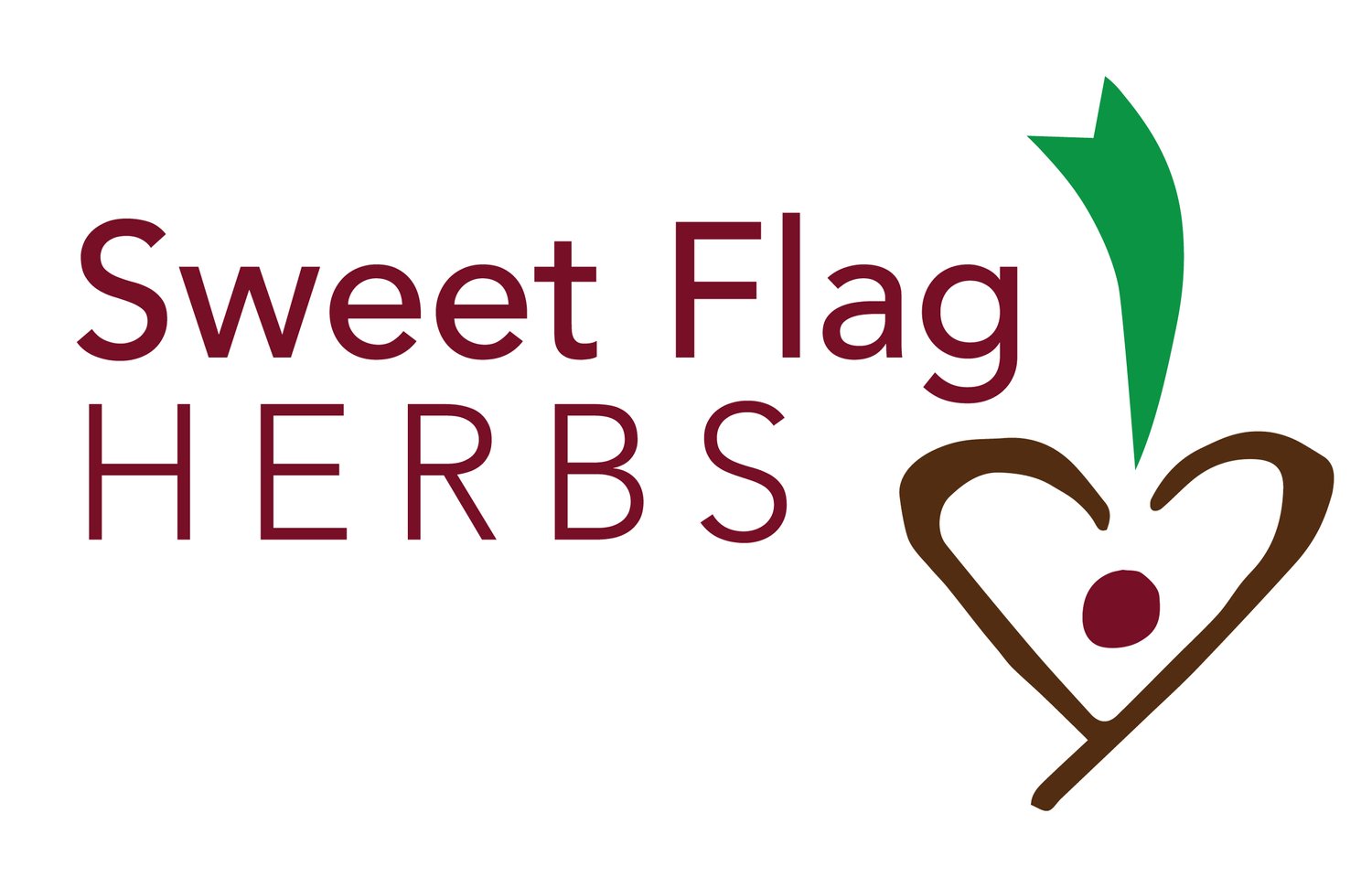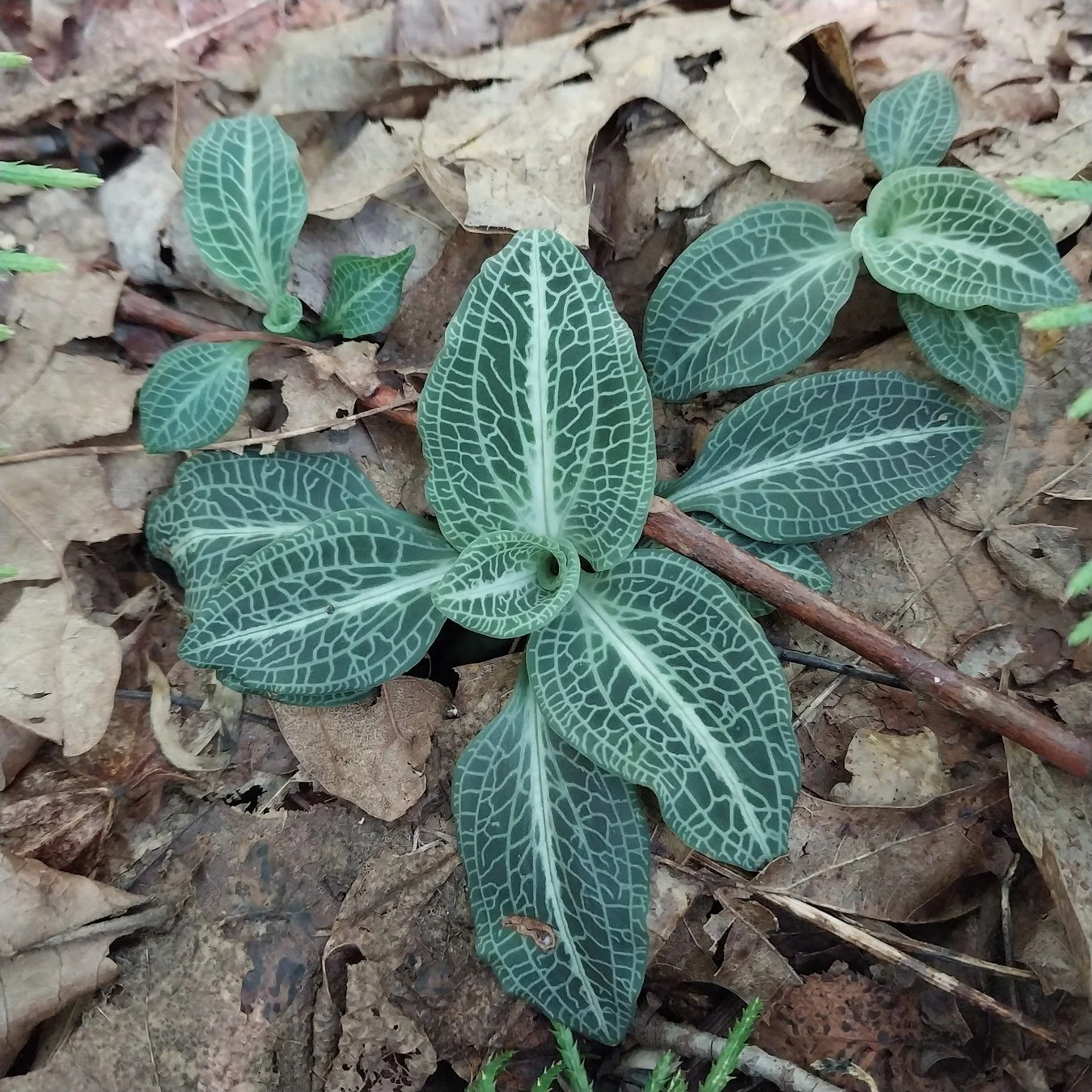The fight + what I’m fighting for
Image: “Native Plants & Pollinators” sign at Yew Mountain Center in WV.
I’m writing from Yew Mountain Center (YMC), a beautiful (and affordable!) learning/retreat center and botanical sanctuary tucked in West Virginia’s Appalachian Mountains. Though they often host educational events, anyone can rent a room and visit.
One night, I watched local kids put on a show in the common room--Infected: A Fungal Operetta. Amelia the ant experienced a fungal takeover of her body. We witnessed her behavior change and her colony's concerns about her acting out of character. The fungus flourished in Amelia's body, and she lost her life. At the end, we sang together:
We're all part of something bigger.
The fight
Halfway through 2025, I used my time at YMC to write and reflect. Can I confide in you, Dear Reader?
I've been feeling uneasy gushing about plants in newsletters and social media this year. I’m an American who is proud to be part of one of the oldest democracies in the world (source). However, we have been watching our government's checks & balances erode, and our new administration meets all the criteria of authoritarianism (source).
According to Kim Lane Scheppele, a Princeton sociologist who studies Hungary’s authoritarian government, "We are on a very fast slide into what's called competitive authoritarianism" (source). These governments concentrate power in the hands of a few; limit citizen participation; suppress dissent; and diminish civil liberties. We are watching this happen. I am grieving, and I am worried.
As an herbalist, I'm concerned about the bill that just passed congress, which makes it easier for corporations to pollute our water and air, cuts funding for monitoring pollution and addressing other public health risks, and increases our vulnerability to climate disasters (source).
A respiratory tea only helps so much if the air that sustains us is dirty. Planting native plants in our gardens is important—but they are also affected by polluted air and water. Climate change means that some species are/will no longer be adapted to their native range.
Image: rattlesnake plantain orchid at YMC.
As an herbalist, I’m horrified to see a federal law enforcement agency (ICE) repeatedly break the law and “disappear” residents and citizens without due process. How can we feel at ease when we’re no longer guaranteed a trial? If my body is experiencing grief and anger over this injustice, how must my immigrant neighbors and their children feel? We can't expect nervine herbs to ease anxiety for those who are unsafe in their homes, schools, churches, and workplaces.
Part of me has been avoiding creating yet another distraction from these issues. But connecting with plants and nature helps make life worth living; squelching my work surely isn’t the way. What approach best serves Sweet Flag Herbs’ mission?
I haven’t always felt clear about whether to acknowledge current events on Sweet Flag Herbs pages. We sorely need opportunities to connect across the aisle, find common ground, and build meaningful skills that are universally human. Nature, herbal medicine, gardening, sustainable foraging--I believe in making these experiences available to all.
We are also in need of open dialogue and respectful conversations. You’re a valued part of my community, Dear Reader. I trust that we can all agree on clean water, clean air, healthy ecosystems, and thriving people. If we can’t acknowledge contributors to health issues and environmental degradation—problems herbalism helps solve at its best—then why are we here?
I’ve learned that teaching about medicinal plants while skirting around what’s threatening them—and us—doesn’t feel right. A good herbalist doesn’t just toss remedies at a problem—they address root causes for lasting healing.
Dr. Amy Killen’s short video on the intersection between her medical work and weakening environmental toxin regulations is an outstanding example.
We’re all part of something bigger.
Actions I’m taking as an herbalist and concerned American:
Get my news from sources that rank high in “value and reliability” on the Ad Fontes Media Bias Chart.
Call my representatives regularly to acknowledge how legislation will potentially impact natural habitats, public health, and the health of my neighbors and I. Want to call but don’t know what to say? 5calls.org and the 5calls app make this easy. They provide short scripts on a range of topics that are updated for current legislation. You can call your reps from the app if you wish.
Attend local protests to show that I’m concerned enough to leave my house and routine. Reading the news alone can be isolating; coming together with other concerned community members has been rewarding (and it makes me weepy every time!)
What I’m fighting for
I’m grateful to Glennon Doyle and the We Can Do Hard Things podcast for putting my right path into words:
“We’re doubling down on the fight AND we’re doubling down on what makes life worth fighting for: family, friendship, humor, romance, books, music, nature, community and joy, joy, joy!”
My best herbal work does both of these things, too. Celebrating plants and nature connects us to our ancestors and ourselves, creates meaning and beauty, and makes life worth living. The more our government and culture move away from truth and the common good, the more precious these connections become.
And the more precious plants, nature, and our neighbors become, the more driven I feel to speak up for them.
May we take meaningful steps to protect what's worth fighting for.
We’re all part of something bigger.
Image: hummingbird moth visits swamp milkweed in my garden



